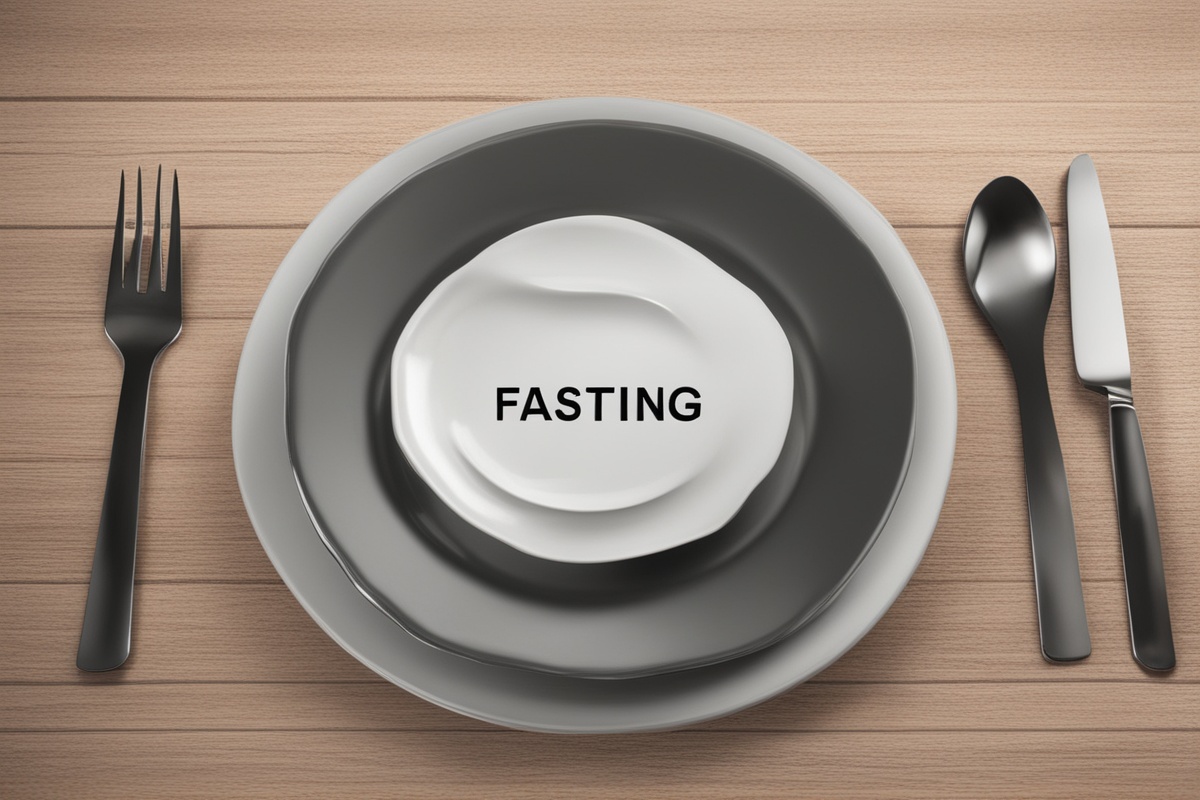Intermittent fasting (IF) has surged in popularity as a flexible and effective approach to weight loss, improved metabolic health, and overall wellness. However, with its rise, many people have questions about how it works, its benefits, and potential challenges. In this post, we’ll address the most common questions about intermittent diets, providing clear, evidence-based answers to help you decide if this eating pattern is right for you.
What Is Intermittent Fasting?
Intermittent fasting is not a diet in the traditional sense but rather an eating pattern that alternates between periods of eating and fasting. Unlike conventional diets that focus on what you eat, IF emphasizes when you eat. Popular methods include the 16/8 method (fasting for 16 hours and eating during an 8-hour window), the 5:2 diet (eating normally for five days and restricting calories on two non-consecutive days), and the Eat-Stop-Eat approach (a 24-hour fast once or twice a week).
Many people turn to IF for weight loss, but it’s also associated with benefits like improved insulin sensitivity, reduced inflammation, and enhanced brain health. If you’re new to IF, understanding the basics is key to addressing other common questions about intermittent diets. For a deeper dive into the different types of IF, check out our guide on Types of Intermittent Fasting.
Is Intermittent Fasting Safe for Everyone?
One of the most frequently asked common questions about intermittent diets is whether they are safe for all individuals. While IF can be beneficial for many, it’s not suitable for everyone. People with certain medical conditions, such as diabetes, eating disorders, or low blood pressure, should consult a healthcare provider before starting. Pregnant or breastfeeding women and children should also avoid fasting due to their increased nutritional needs.
Even for healthy individuals, IF may cause side effects like hunger, irritability, or fatigue during the adjustment period. Listening to your body and starting gradually can help mitigate these issues. If you’re unsure about your specific health needs, explore our post on Fasting Safety Tips for more personalized advice.
Can You Drink Water or Other Beverages During Fasting?
A common concern among beginners is whether they can consume anything during fasting periods. The good news is that water, black coffee, and unsweetened tea are generally allowed during fasting windows, as they contain negligible calories and won’t break your fast. Staying hydrated is crucial, especially since fasting can sometimes lead to dehydration if you’re not mindful.
However, beverages like sugary sodas, alcohol, or even coffee with cream and sugar should be avoided during fasting periods, as they can spike insulin levels and disrupt the fasting state. For more clarity on what breaks a fast, read our detailed breakdown in What Breaks a Fast?.
Does Intermittent Fasting Cause Muscle Loss?
Another of the common questions about intermittent diets revolves around the fear of losing muscle mass. The concern stems from the idea that fasting might cause the body to break down muscle tissue for energy. However, research suggests that short-term fasting, when done correctly, does not lead to significant muscle loss, especially if paired with resistance training and adequate protein intake during eating windows.
In fact, IF may help preserve muscle by increasing human growth hormone (HGH) levels, which supports muscle maintenance. To ensure you’re protecting your gains, focus on balanced nutrition and consider timing your workouts strategically. For tips on combining IF with exercise, see our article on Fasting and Exercise: Best Practices.
How Does Intermittent Fasting Affect Weight Loss?
Weight loss is often the primary reason people try intermittent fasting, leading to many common questions about intermittent diets related to its effectiveness. IF can promote weight loss by reducing overall calorie intake and improving metabolic efficiency. During fasting, the body switches to burning stored fat for energy, a process called ketosis, which can accelerate fat loss.
However, results vary based on factors like adherence, food choices during eating windows, and individual metabolism. IF is not a magic bullet—pairing it with a balanced diet and regular physical activity is essential for sustainable results. Curious about real-world outcomes? Check out our collection of Fasting Success Stories for inspiration.
What Are the Potential Downsides of Intermittent Fasting?
While IF has numerous benefits, it’s not without challenges, and many common questions about intermittent diets focus on potential drawbacks. Common side effects include initial hunger pangs, headaches, and low energy levels as your body adjusts to the new eating pattern. Overeating during eating windows can also negate calorie deficits, hindering weight loss goals.
For some, IF can disrupt social eating or lead to an unhealthy obsession with food timing. It’s important to approach fasting with a balanced mindset and avoid pushing your body beyond its limits. If you experience persistent discomfort or negative effects, it may be worth reevaluating your approach or consulting a professional.
Disclaimer: The information provided in this post is for educational purposes only and should not be considered medical advice. Intermittent fasting may not be suitable for everyone, and individual results can vary. Always consult with a healthcare professional or registered dietitian before starting any new diet or fasting regimen, especially if you have pre-existing health conditions or concerns.
References
- Harvard Health Publishing: Intermittent Fasting: Surprising Update
- Mayo Clinic: Intermittent Fasting FAQ
- National Center for Biotechnology Information: Effects of Intermittent Fasting on Health, Aging, and Disease
- WebMD: Intermittent Fasting Overview
- Johns Hopkins Medicine: Intermittent Fasting: What Is It, and How Does It Work?
This content is for informational purposes only and not a substitute for professional advice.






